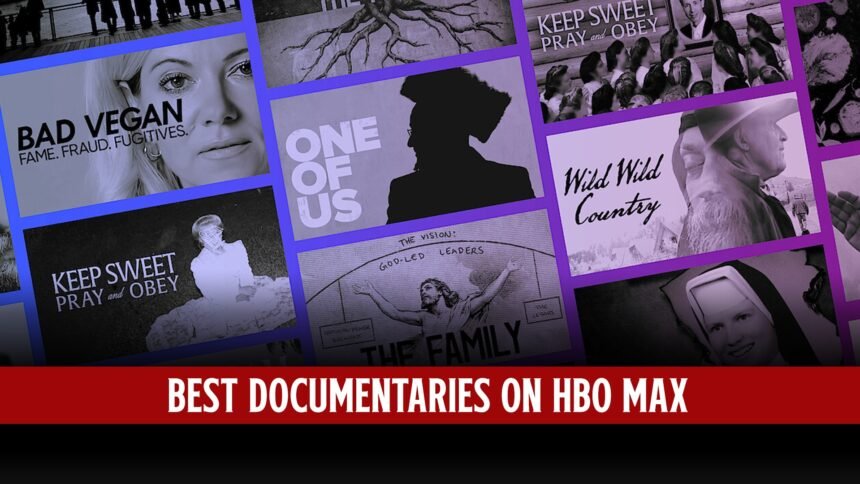Netflix, founded by Reed Hastings and Marc Randolph in 1997 in Scotts Valley, California, began as a DVD rental-by-mail service. The idea was inspired by Hastings’ frustration with a late fee from a traditional video rental store. By 1999, Netflix introduced a subscription model, allowing customers unlimited DVD rentals without due dates or late fees.
In 2007, Net flix launched its streaming service, allowing subscribers to watch TV shows and movies on their computers. This marked a significant shift from physical rentals to on-demand streaming, aligning with the rise of internet accessibility and changing consumer habits. The company’s streaming service quickly grew, prompting Netflix to expand its library through licensing deals with major studios and networks.
Netflix’s next major evolution came in 2013 when it began producing its own original content. The political drama “House of Cards” was its first major original series, garnering critical acclaim and demonstrating the potential for streaming platforms to produce high-quality content. This success was followed by other hits like “Orange is the New Black” and “Stranger Things,” cementing Netflix’s reputation as a content creator.
International expansion began in earnest in 2010, with Canada being the first market outside the U.S. By 2016, Netflix was available in over 190 countries, making it a global entertainment powerhouse. The company continued to invest heavily in original content, aiming to appeal to diverse audiences worldwide.
As of 2023, Netflix remains one of the leading streaming services globally, with a vast library of original and licensed content, serving millions of subscribers. It has significantly impacted how media is consumed, contributing to the decline of traditional cable TV and the rise of streaming as the dominant form of home entertainment.













